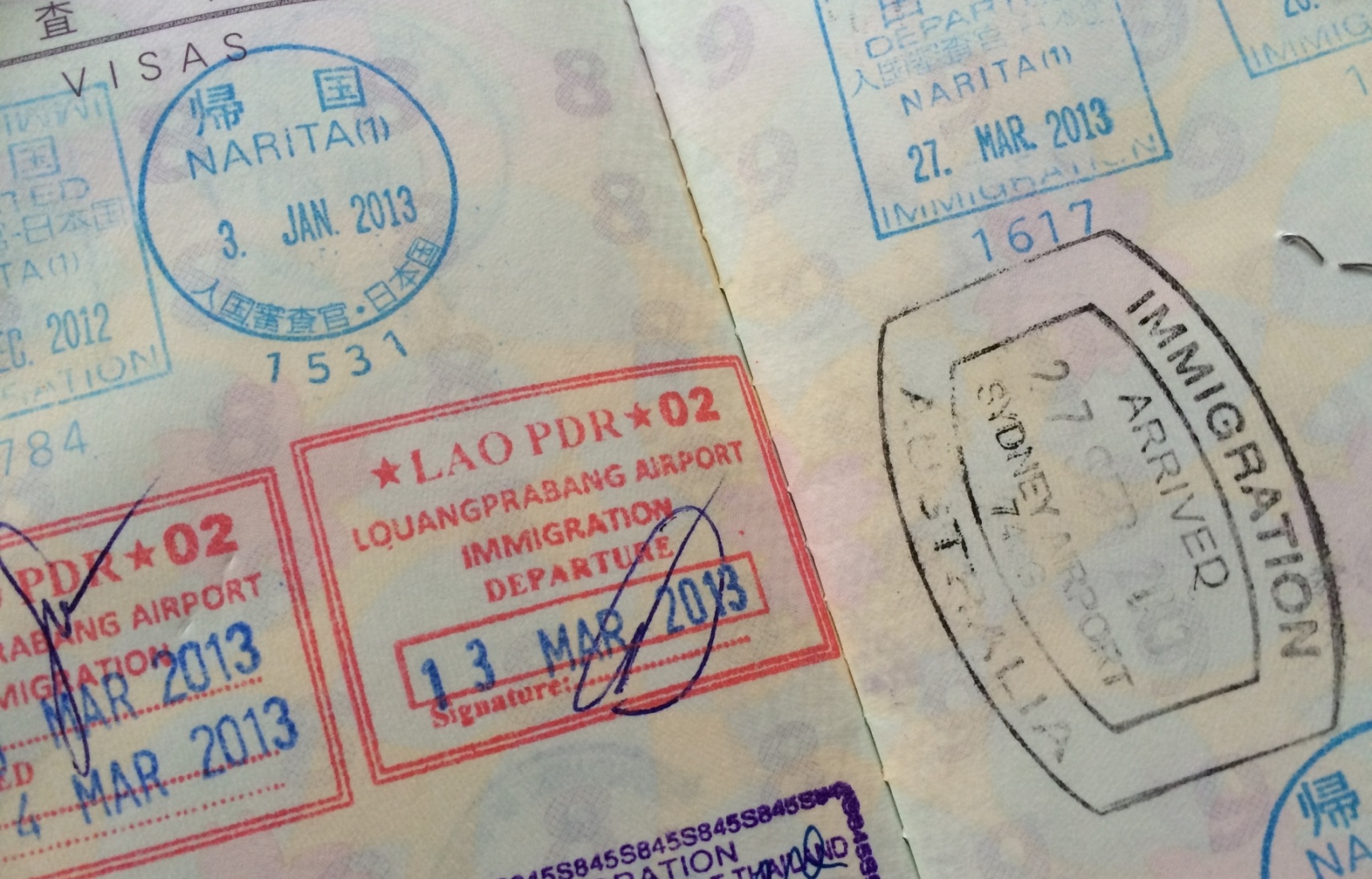Getting a Visa for Japan

Whether traveling as a tourist, studying Japanese, or living and working as an expat, Japan is an amazing place to experience. In order to do these things, you need to have a valid passport and the necessary visa. Here’s an overview of some of the different ways you can come to Japan. Find the one that best suits you.
By John AsanoTourist Visa
Japan has a general visa exemption agreement with 67 different countries whose citizens don't require a visa for tourism purposes. These countries include (but are not limited to) Australia, New Zealand, Canada, the United States and most European countries.
The temporary visitor permit is valid for a stay of up to 90 days from most countries, but up to 15 days for citizens from Brunei, Indonesia and Thailand. You need only a valid passport to enter Japan as a "temporary visitor." The purpose of the stay must be for sightseeing and you can't engage in any kind of work. You can find out more by visiting this link.
If you don’t fit into this category, then you'll need to obtain a visa before entering the country. This includes citizens from China, Russia and the Philippines. For further details and information visit the official Ministry of Foreign Affairs site.
Working Visa
In order to work full-time in Japan, you'll generally need to have a university degree or considerable professional experience in the applicable field to qualify for the required visa. You may also be required to have the backing of a prospective employer in Japan to sponsor your work visa. You can apply for the visa from a Japanese embassy or consulate outside of Japan to enter the country on a status of residence that permits work.
The working visa category has 14 different statuses of residence, each allowing the holder to work only in a specific professional field. Common statuses of residence are the Instructor (instruction of foreign languages or other education at elementary school, junior high schools and high schools) and Specialist in Humanities (useful for private language schools). Once granted, the status of residence permitting work is usually given for a period between one to three years, and is extendable. You can find out more information about working visas here.
Working Holiday Visa
The working holiday program is open to young citizens (generally aged between 18 and 30) from 14 countries and regions, including Australia, New Zealand, Canada, South Korea, France, Germany, Ireland and the U.K. Those eligible for the program may apply for a working holiday visa without the need of having a job offer. You're allowed to work part-time or full-time to finance your stay.
The general requirements are that you have enough money to support your initial stay as well as a return plane ticket. The visa is typically valid for one year (though this may depend on your nation of origin) and you are only eligible for a working holiday visa once in your life. You can find more information on the official page.
Other Visa Types
There are several other visa types that can allow you to stay in Japan, including the dependent visa, the student visa and the cultural activities visa, which have either limited work or no work allowed status. For details, check the MOFA link below.




